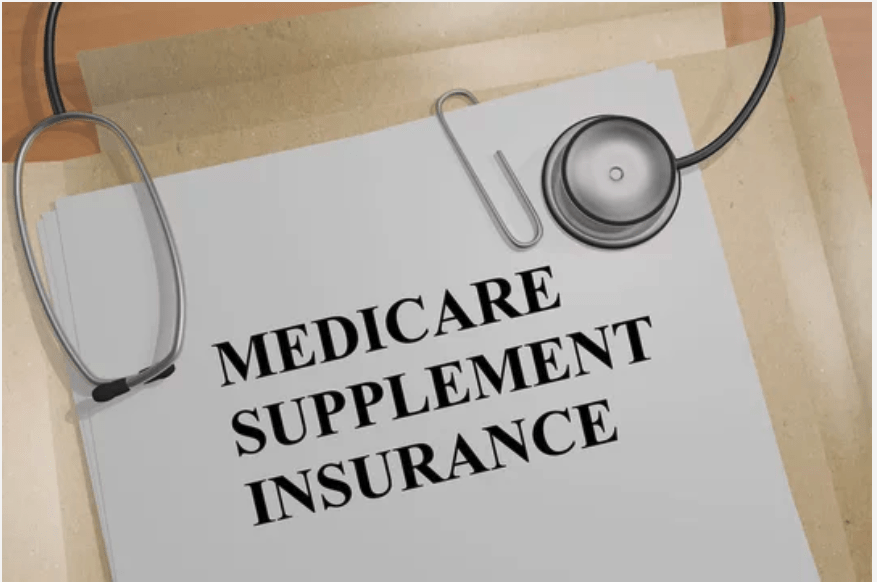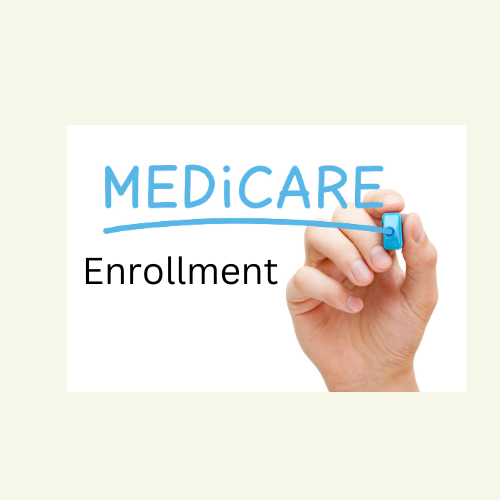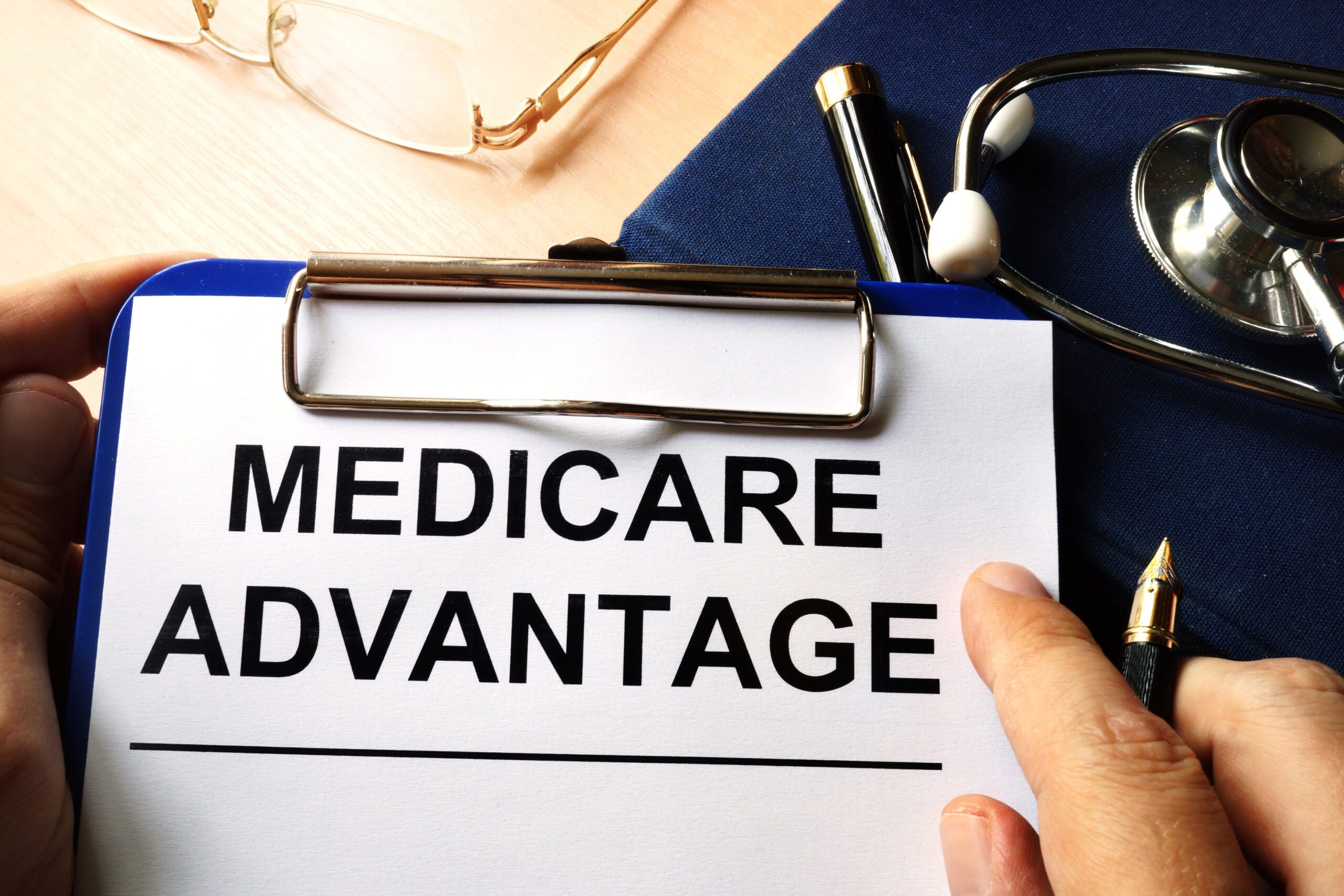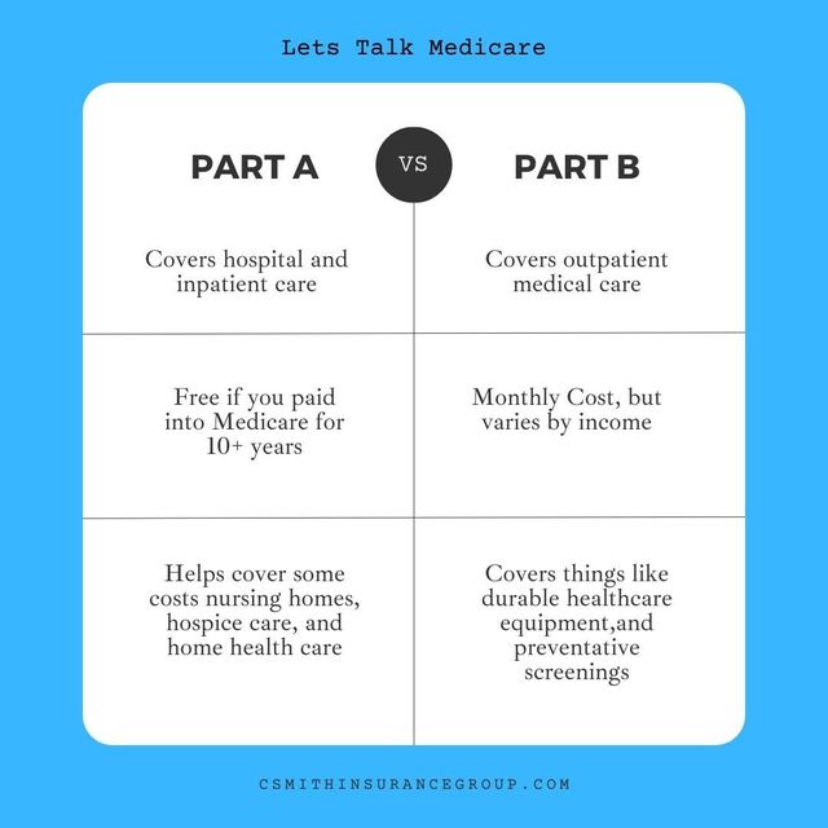Medicaid
Medicaid is a government insurance program that provides health coverage to low-income families and individuals. While the federal government sets certain guidelines, states have the flexibility to administer the program. Medicaid programs can vary widely by state.
How do I qualify?
Qualifying for Medicaid largely depends on your state of residence. There are mandatory eligibility groups that Medicaid must cover, including low-income children and pregnant women. As a result of the Affordable Care Act, this means that you can qualify for Medicaid on your income alone. You can qualify for Medicaid based on your income, household size, disability, family status, and other factors. If you recently lost your job, Medicaid considers your current monthly income to qualify. Use this tool to check if you qualify, or get information directly through your state’s Medicaid page.
There are two ways to enroll in Medicaid:
- Through Healthcare.gov: If you fill out an application for health insurance through the ACA on Healthcare.gov and determine that you or someone else in your household qualifies for Medicaid, Healthcare.gov will automatically send your information to your state Medicaid agency. Completing an application on Healthcare.gov is an easy way to find out if you qualify for Medicaid or qualify for an individually purchased insurance plan with savings based on your income.
- Directly through your state Medicaid agency: You can also apply directly through your state Medicaid agency.
Coverage and costs
Federal guidelines require Medicaid to have certain minimum health coverage including:
- Hospital and doctor office visits
- Labs
- X-rays
- Screenings and diagnostics
- Treatment for children
States can optionally provide coverage for:
- Prescription drugs (currently, all states do)
- Dental
- Vision
- Personal care services
States can charge premiums (monthly payments to be enrolled in Medicaid), deductibles, and copayments or coinsurance. However, there is regulation on how much can be charged. Additionally, the federal government requires that there be no out-of-pocket costs for:
- Emergency services
- Family planning
- Pregnancy-related services
- Preventative services for children for people using the Medicaid program
- Certain vulnerable groups
To find out more watch this video or be sure to visit your state’s Medicaid page.













